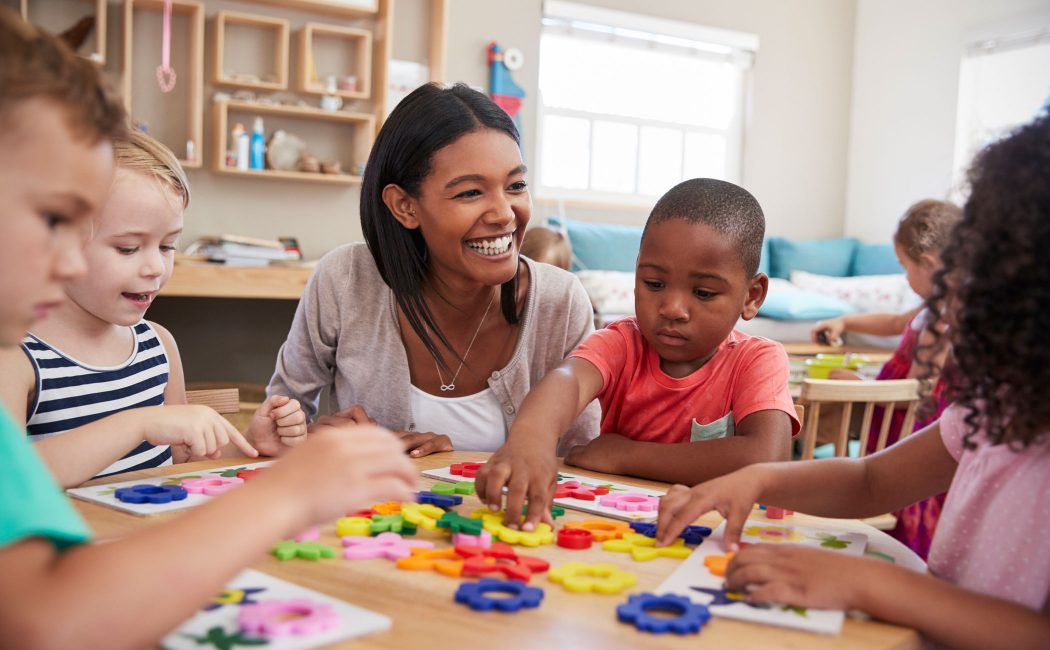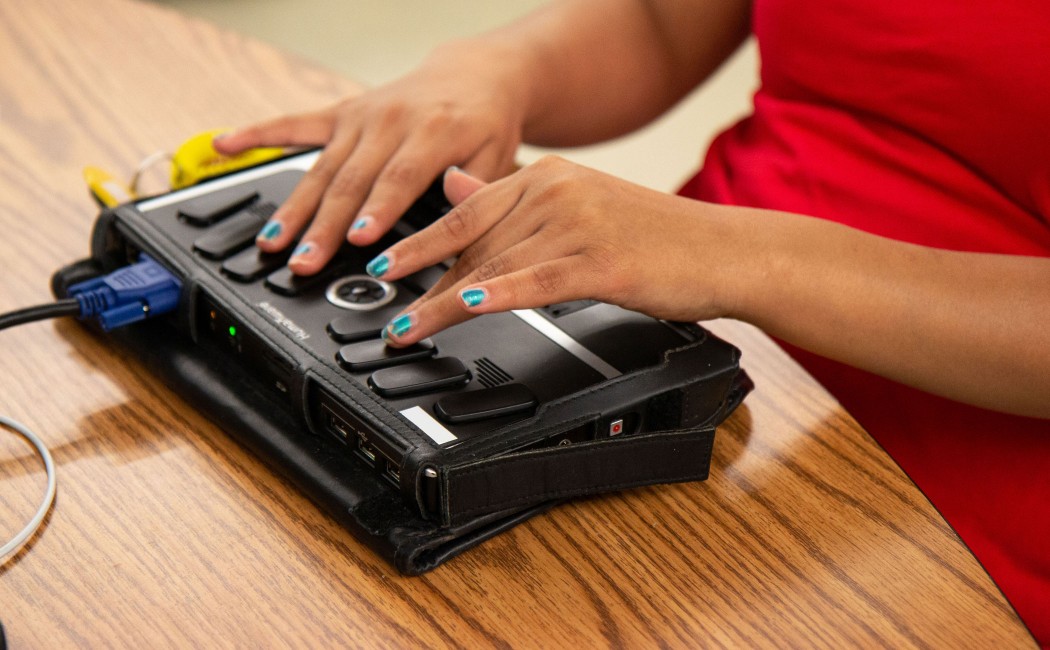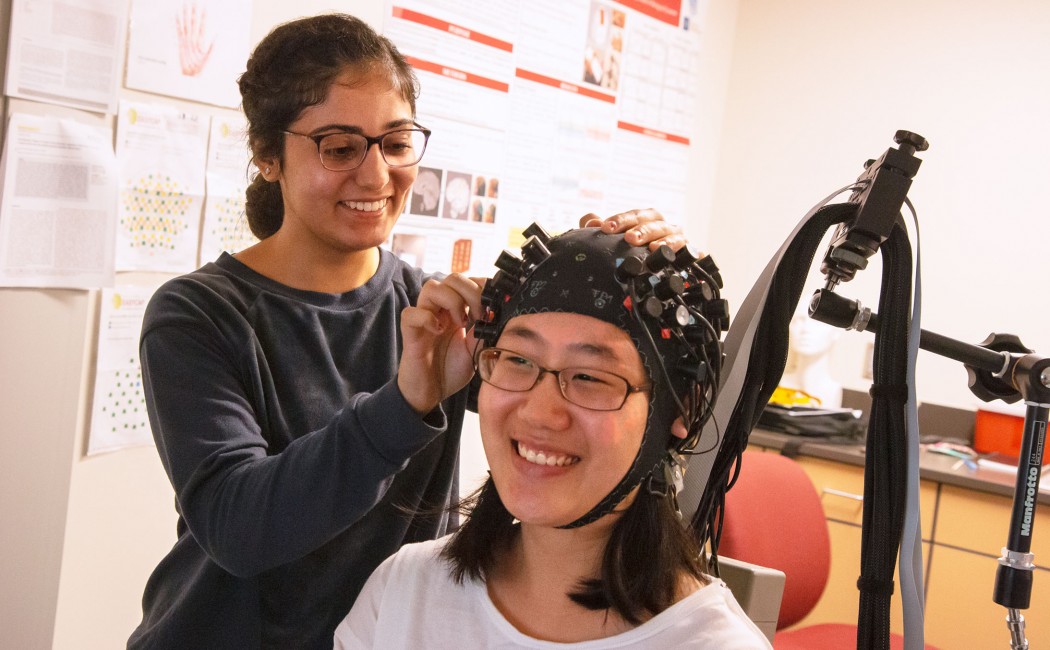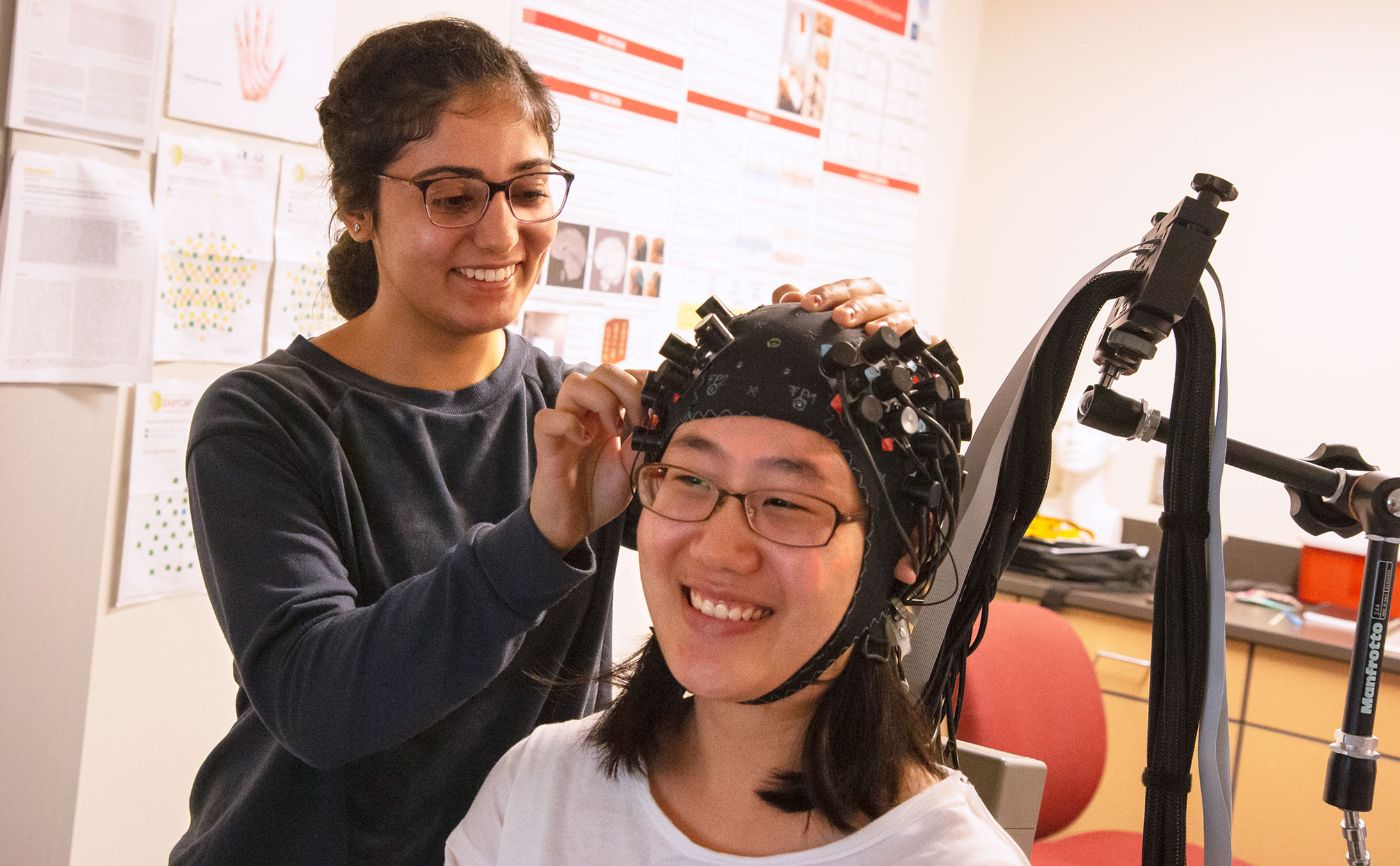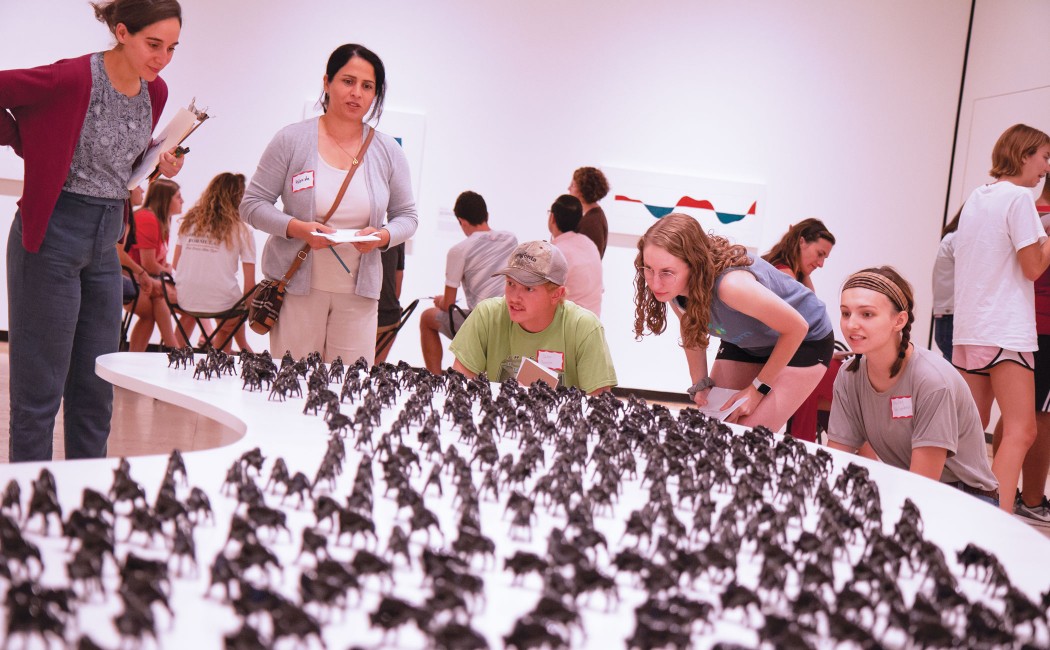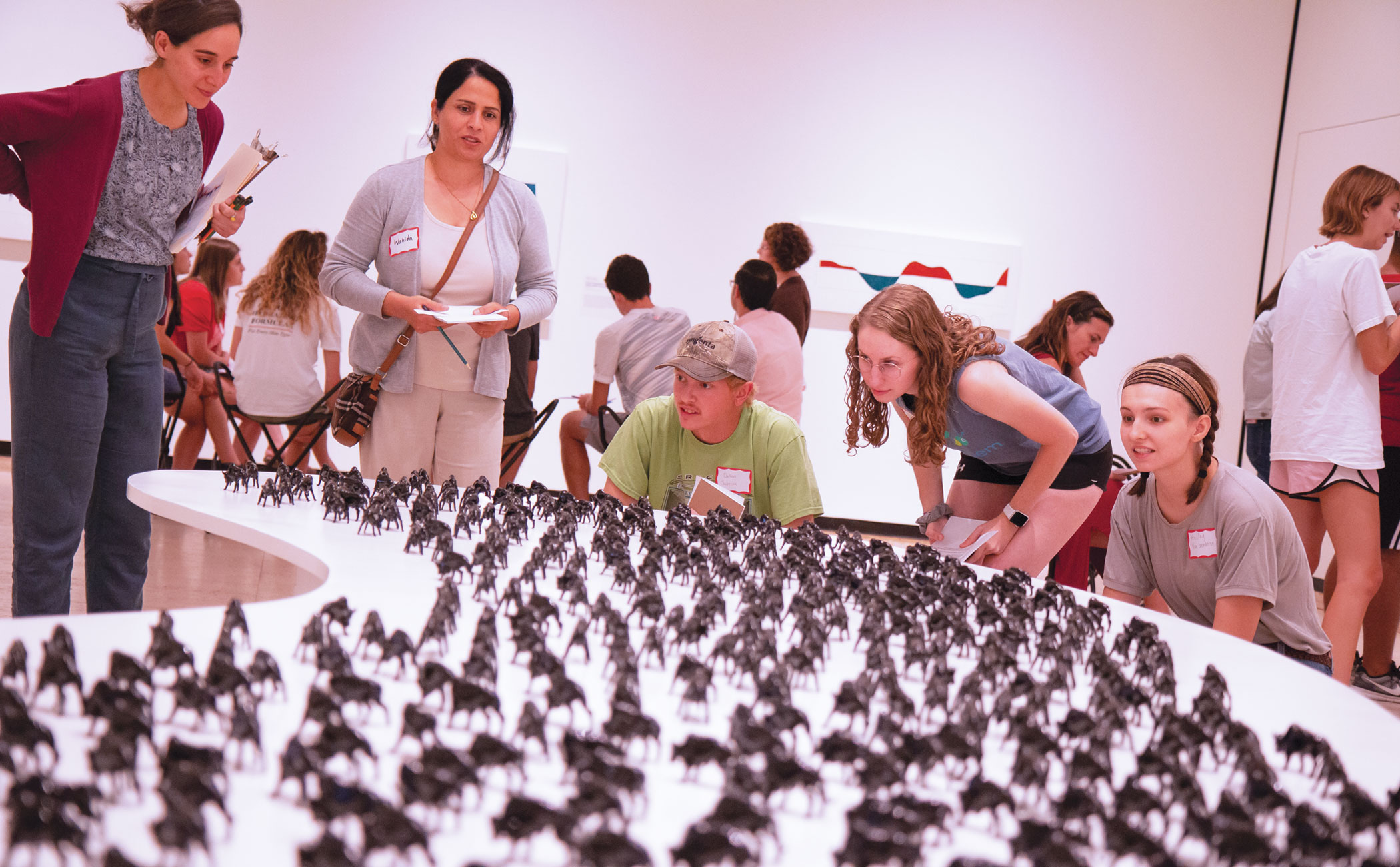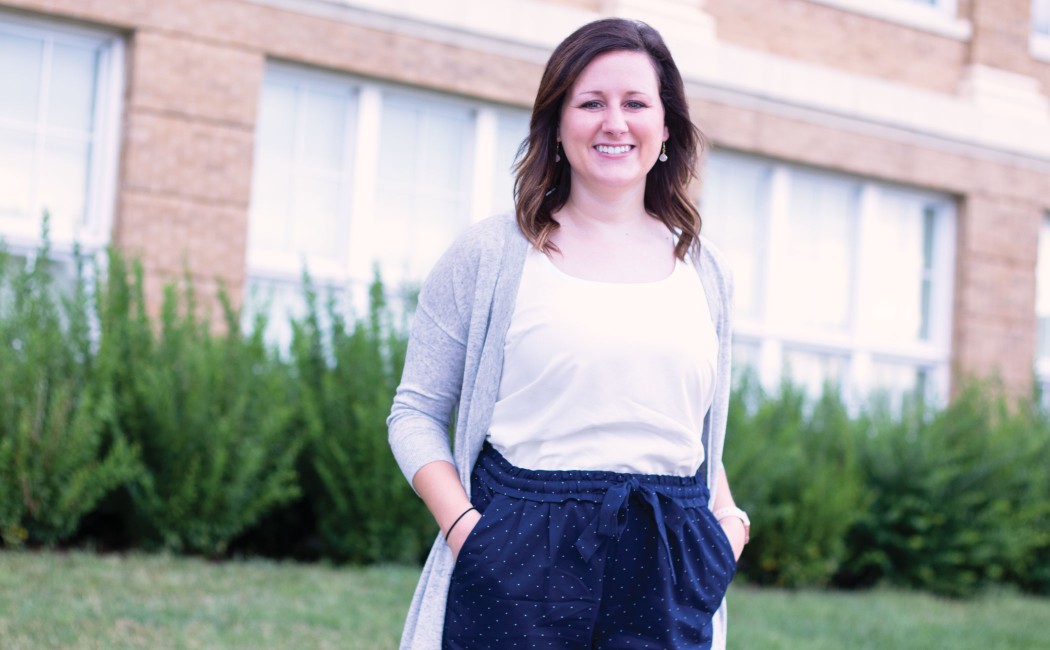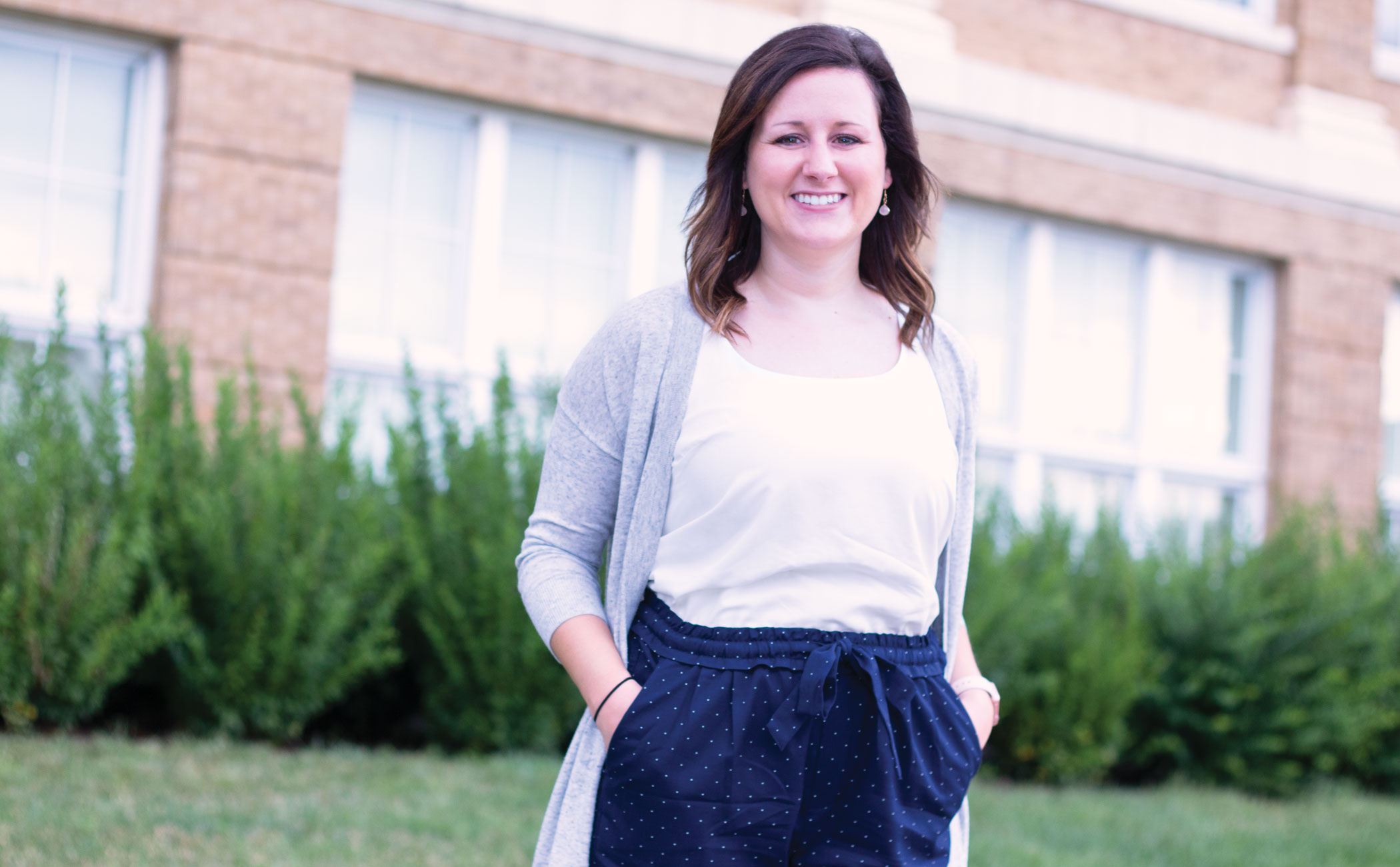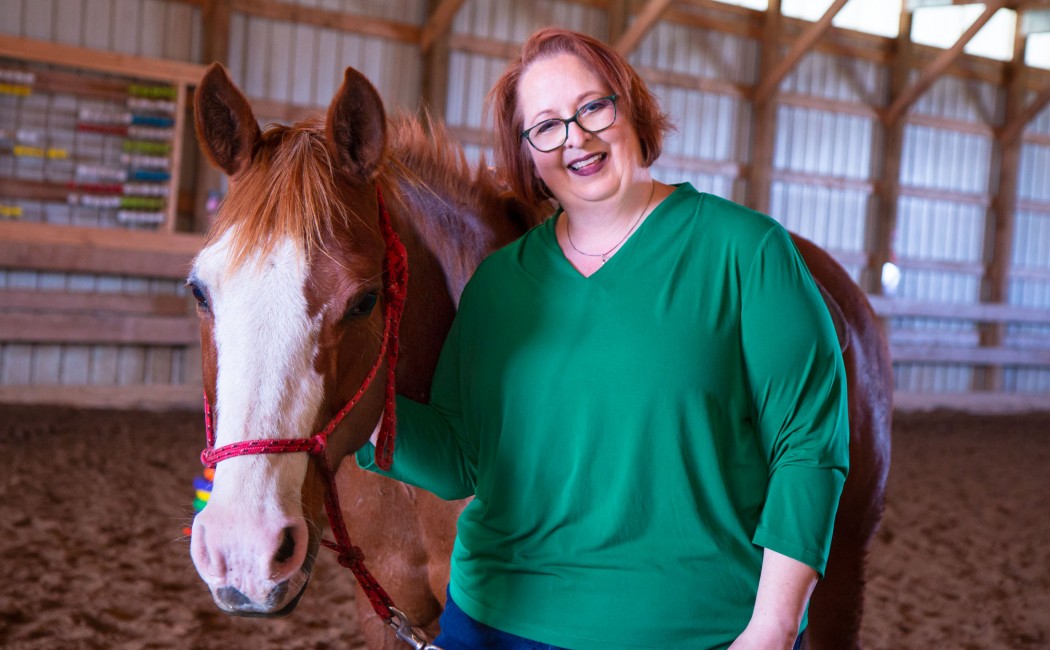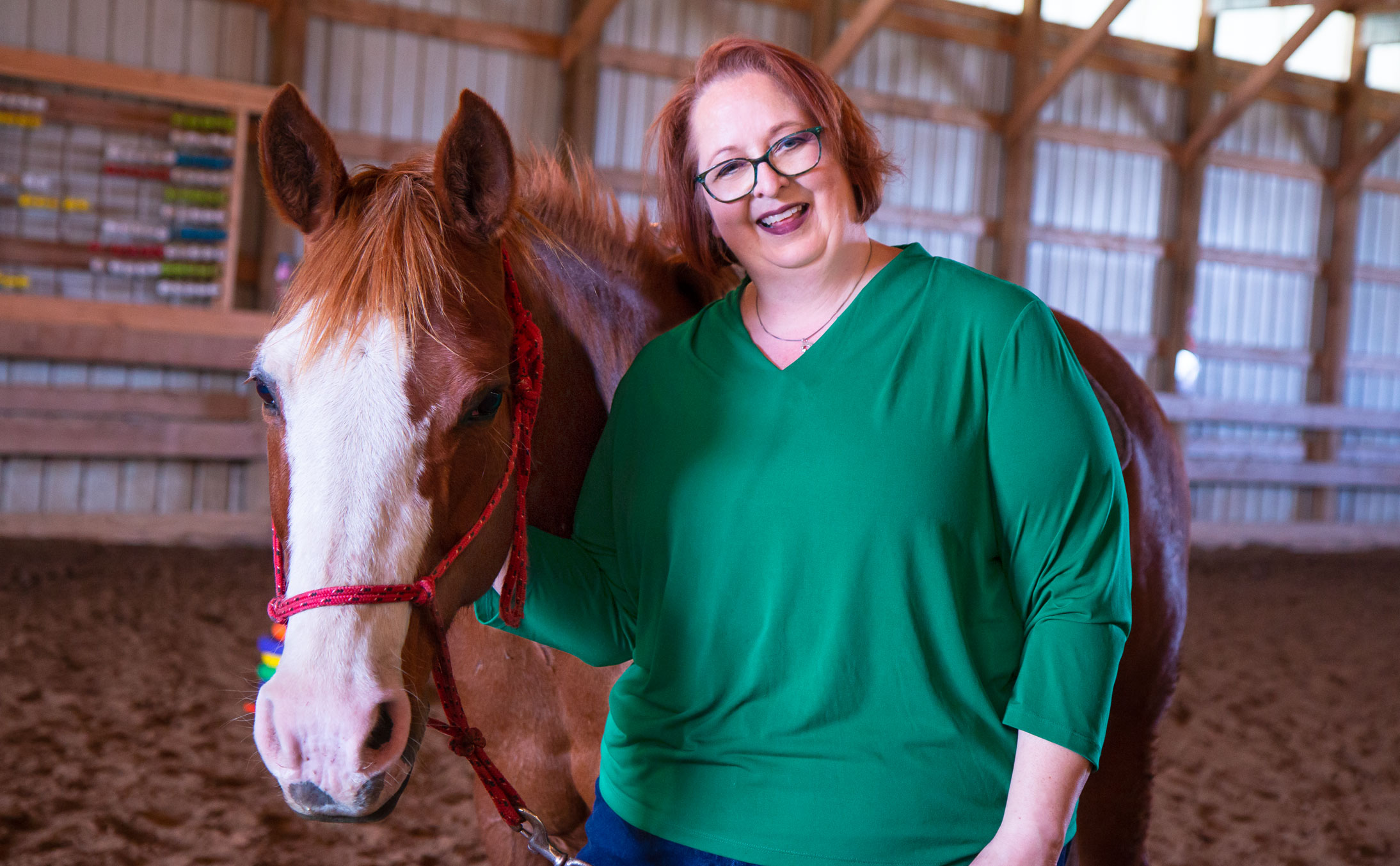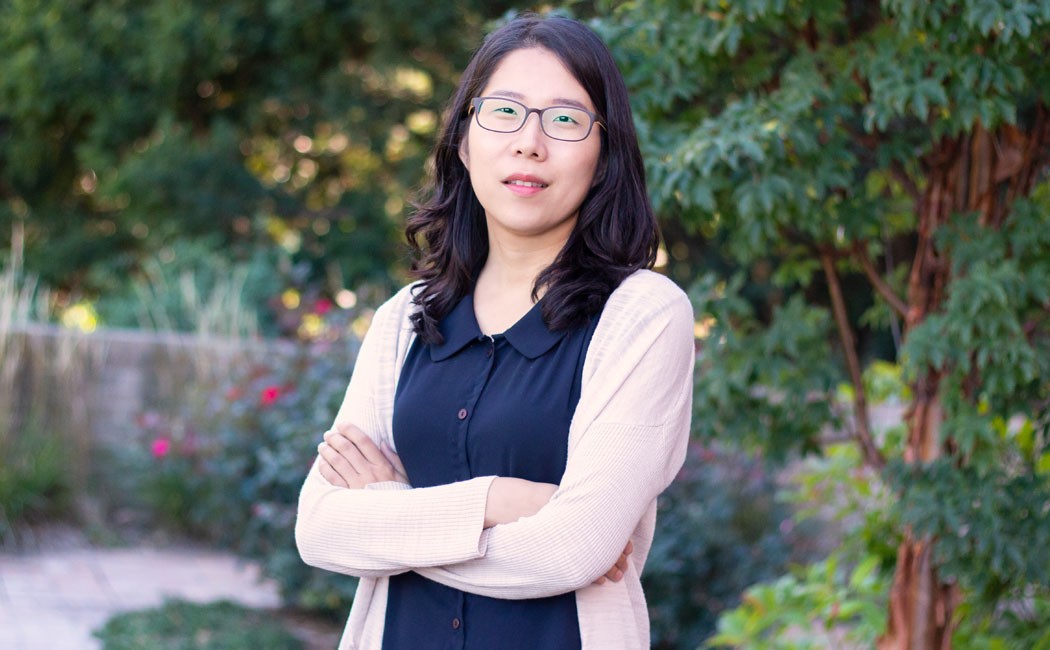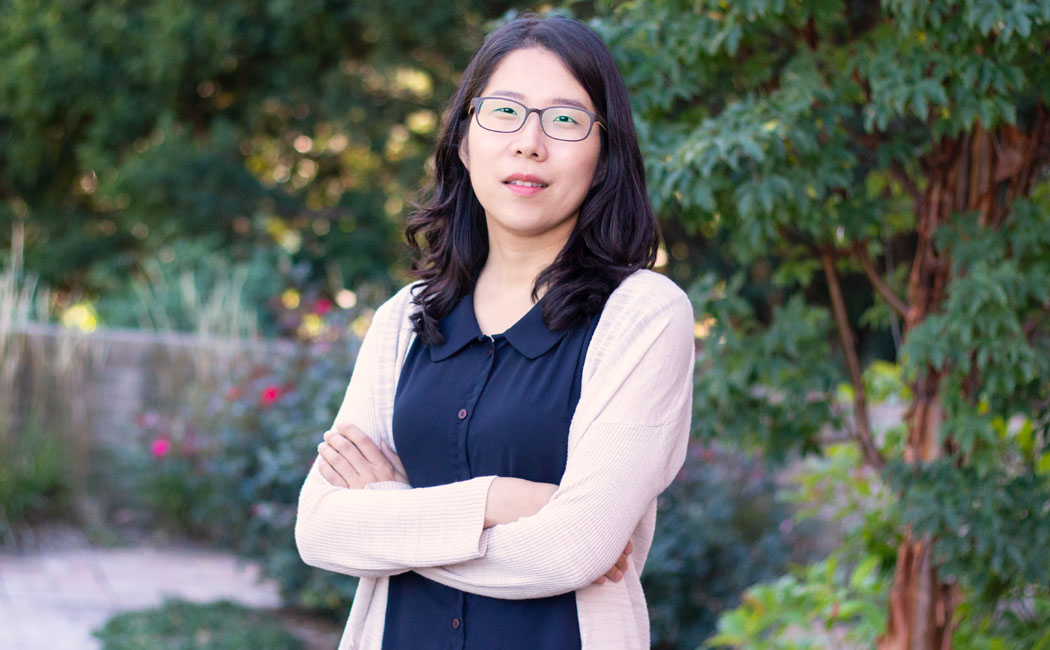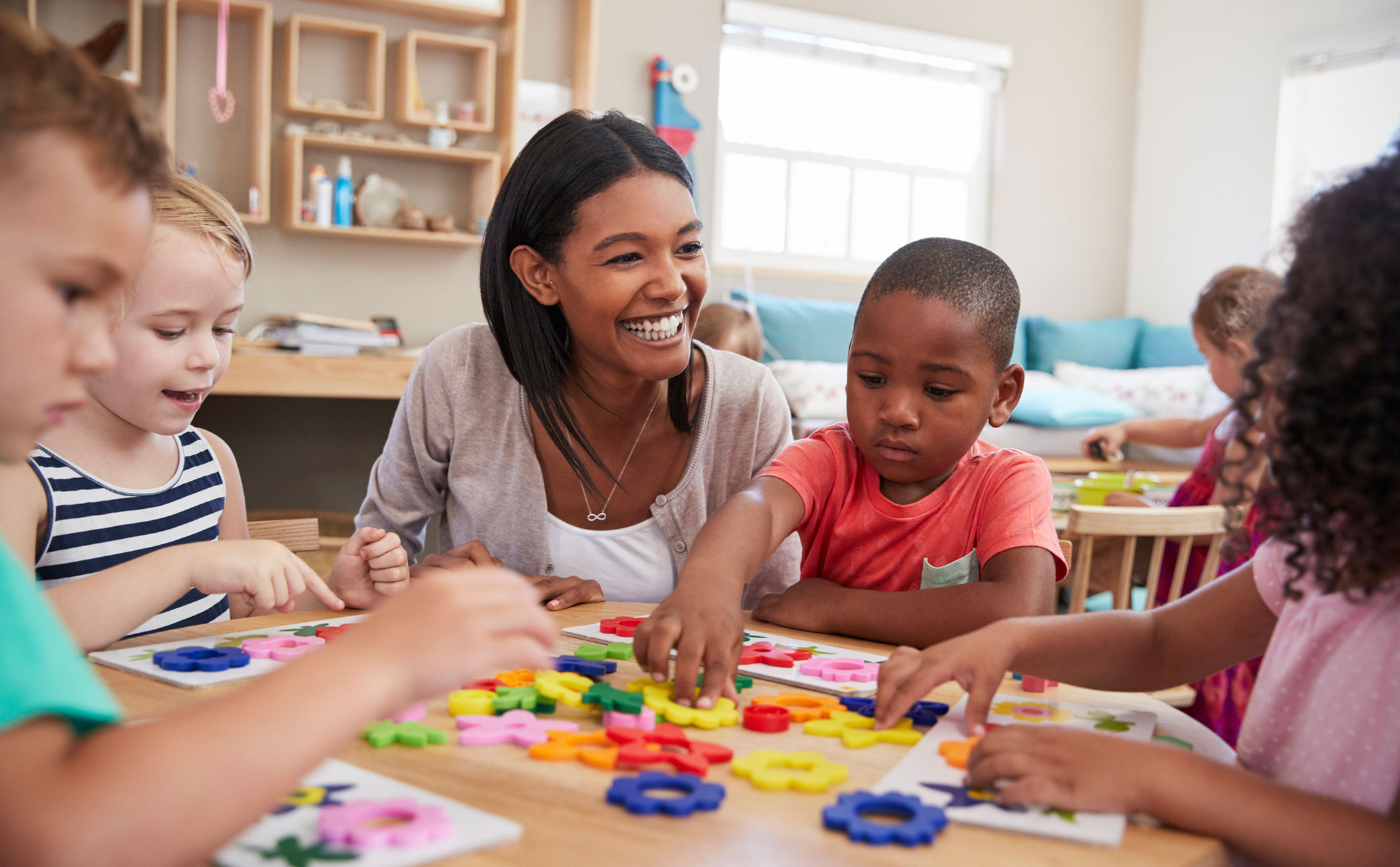
In a typical preschool classroom with as many as two-dozen children, there are bound to be times of elevated stress for the teacher — and sometimes the students.
Along with meeting the needs of several children, teachers juggle many emotional and physical demands in their daily work, often with limited resources. Following an early childhood curriculum or philosophy, engaging families, maintaining a safe environment and dealing with interpersonal conflicts are just some of their daily classroom tasks.
